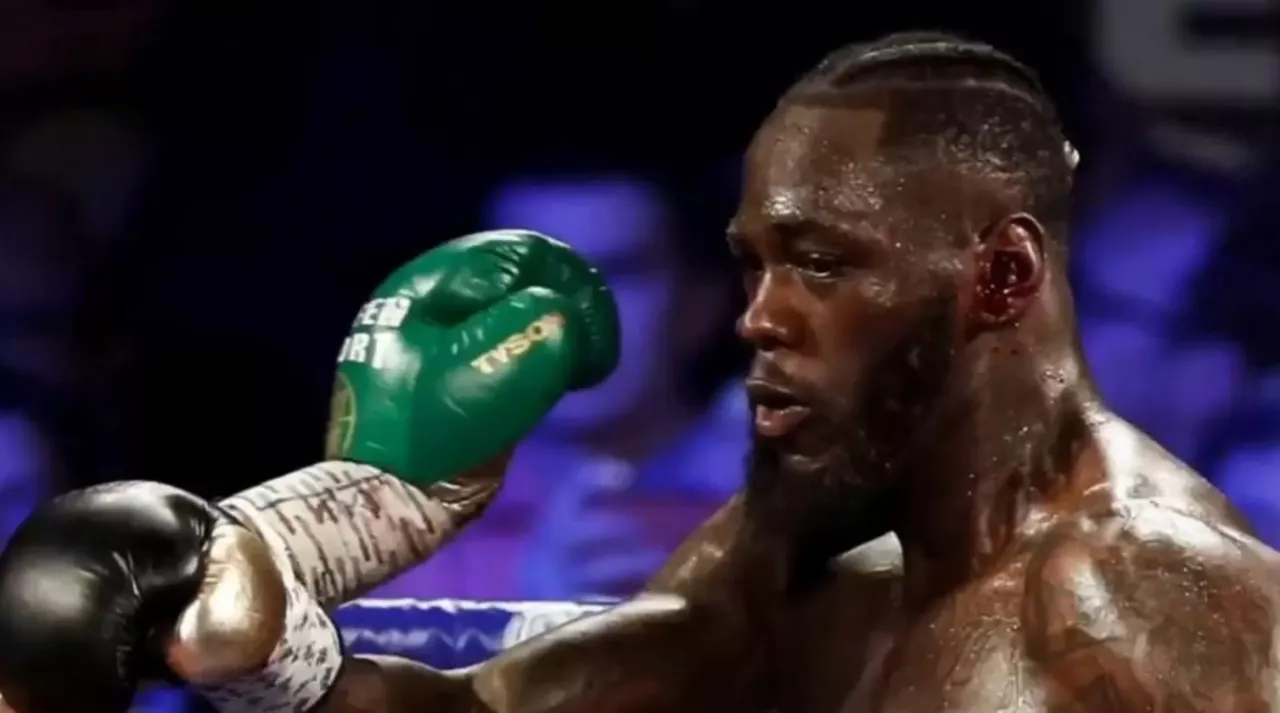Why Deontay Wilder Has Limited Boxing Skills
If you watch Deontay Wilder fight, the first thing you notice is his massive power. One punch can end a bout, and that’s what most fans remember. But if you look past the knockouts, the technique side of his game looks thin. Let’s dig into why his boxing skills seem limited, even though he’s a world champion.
First off, Wilder didn’t start boxing early. He turned pro at 20, an age when many elite fighters already have a decade of ring experience. Starting late means you miss out on the years of muscle memory that come from drilling basics day in, day out. It also means you have less time to iron out flaws before you’re thrown into high‑level competition.
Second, his game plan leans heavily on raw power. When a fighter can end a fight with a single punch, there’s a temptation to sit back, wait for that one perfect shot, and let the opponent chase you. Wilder’s coaches built a strategy around that knockout threat, which is why you see him stand tall, jab sparingly, and wait for the big right hand.
That power‑first approach can actually hold back skill development. If you’re always counting on a knockout, you’re less likely to work on footwork, defense, or combination punching. Wilder’s footwork, for example, often looks static. He plants his back foot and swings from there, which limits his ability to angle out of danger or set up more complex attacks.
Coaching also plays a big role. While his trainers know how to keep his power sharp, they haven’t pushed him into the technical side of the sport. Some critics say Wilder’s team never gave him the same level of technical polishing that other champions get. Without that guidance, it’s hard to evolve past a single‑punch style.
Key Reasons Behind Wilder’s Skill Gaps
1. Late start: Fewer years to build fundamental skills.
2. Power‑centric game plan: Emphasis on knockout over technique.
3. Coaching focus: Training prioritized power, not defensive or footwork drills.
4. Limited sparring variety: Facing opponents who can’t exploit his technical holes reduces learning opportunities.
What Fans Can Learn From Wilder’s Journey
Wilder shows that raw talent can take you far, but staying at the top usually needs a balanced skill set. If you’re a boxer or a martial‑arts fan, take his story as a reminder to work on every part of your game – jab, footwork, defense – even if you have a big weapon like a heavy‑handed right. Diversifying your training makes you less predictable and safer when the knockout doesn’t land.
In short, Wilder’s limited boxing skills stem from a mix of late entry, a power‑first strategy, and coaching that didn’t push him to refine technique. His success proves power matters, but it also highlights why most champions spend years polishing the basics. Whether you’re a fighter looking to improve or a fan curious about the sport, the take‑away is clear: don’t rely on a single strength; develop the whole package.
Why has Deontay Wilder such limited boxing skills?
As a boxing enthusiast, I've noticed that Deontay Wilder has somewhat limited boxing skills compared to other elite fighters. This could be attributed to his late start in the sport, as he began his professional career at the age of 20. Additionally, he has relied heavily on his knockout power, which might have hindered the development of his technical skills. Furthermore, his training and coaching may not have focused enough on refining his technique. Despite these limitations, Wilder's raw power and athleticism have carried him to great success in the boxing world.
